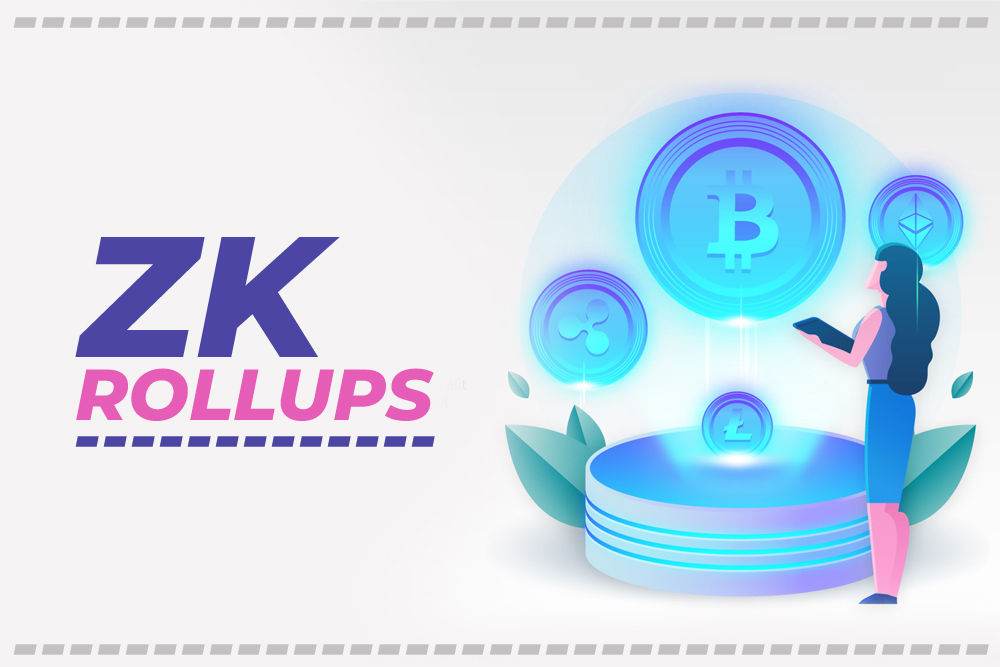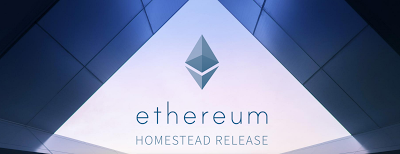
Ethereum now has privacy thanks to zero-knowledge proof technologies, specifically zk-STARKs. But before we can assess zk-STARKs, it is important to define a zero-knowledge proof (ZKP).
Understanding the Basics of Zero-Knowledge Proofs (ZKPs)
A ZKP is a cryptographic technique that enables a prover to confirm another person’s assertion without disclosing any supporting data. zk-STARKs and zk-SNARKs are two of the most compelling zero-knowledge technologies available today, standing for zero-knowledge succinct non-interactive argument of knowledge and zero-knowledge scalable transparent argument of knowledge, respectively. These technologies allow one party to demonstrate their knowledge to another without actually revealing the knowledge, making them both scaling technologies, as they can enable faster proof verification, and privacy-enhancing technologies, as they reduce the amount of information shared between users.
zk-STARKs, specifically, enable users to communicate validated data or carry out computations with a third party without the other party knowing the data or results of the analysis. They are an advancement over zk-SNARKs because of their reduced algorithmic complexity, making them easier for even crypto experts to find mistakes in. These types of knowledge testing tools are primarily used to build highly private and secure systems that are decentralized and can only be accessed under specific, difficult-to-obtain conditions, such as those found in cryptocurrencies. These systems not only secure the network but also protect and anonymize users.
Comparing zk-SNARKs and zk-STARKs
There are a few main differences between zk-SNARKs and zk-STARKs. Firstly, zk-SNARKs require a reliable configuration phase, while zk-STARKs create verifiable computing systems without trust using publicly verifiable randomness. Secondly, zk-STARKs are more scalable in terms of speed and computational size when compared to zk-SNARKs. And thirdly, zk-SNARKs are vulnerable to attack by quantum computers, while zk-STARKs are currently immune. However, it is important to note that STARKs have larger proof sizes than SNARKs, meaning they take longer to verify and require more gas. In addition, the STARKs developer community is smaller and has less documentation compared to SNARKs.
Support from the Developer Community
Despite these differences, both the SNARKs and STARKs communities have support from developers. The Ethereum Foundation, in particular, has shown support for Starkware, a company using STARKs, by awarding them a $12 million grant. While documentation for STARKs is currently less comprehensive than that for SNARKs, the technical community has recently created more resources for those interested in the technology.
Open your free digital wallet here to store your cryptocurrencies in a safe place.

Ethereum Hard Fork Please note that the Ethereum (ETH) Hard Fork is scheduled for February 28, 2019. Consequently, HolyTransaction wallet services for ETH will be temporarily suspended to perform this update. The services will be suspended from around 6:00pm UTC on February 28, 2019. Note that the time might vary depending on average block time and mining difficulty. We appreciate your understanding regarding this matter and thank you for your continued support for HolyTransaction. If there are any doubts or questions about the Ethereum Hard Fork, please don’t hesitate to contact us.
Open your free digital wallet here to store your cryptocurrencies in a safe place.
Open your free digital wallet here to store your cryptocurrencies in a safe place.
Open your free digital wallet here to store your cryptocurrencies in a safe place.
Open your free digital wallet here to store your cryptocurrencies in a safe place.
The news of the Ethereum DAO hacker attack is riding high and of course it brings lots of damages for the ethereum investors who stored about $150m of the cryptocurrency.
Open your free digital wallet here to store your cryptocurrencies in a safe place.

“You need to look at the growth of the Ethereum network via the growth of its nodes, sitting at 5,100 versus bitcoin’s about 6,000 roughly. That’s quite significant and shows the stability and global nature of the Ethereum network,” commented Mougayar.
“Homestead’s arrival will begin to demonstrate the next generation of blockchain technology, whereby anything we can dream of, can be accomplished in a decentralized manner using Ethereum.”
In Germany the startup called Slock is working with RWE on a project to use Ethereum for car charging uses.
Open your free digital wallet here to store your cryptocurrencies in a safe place.